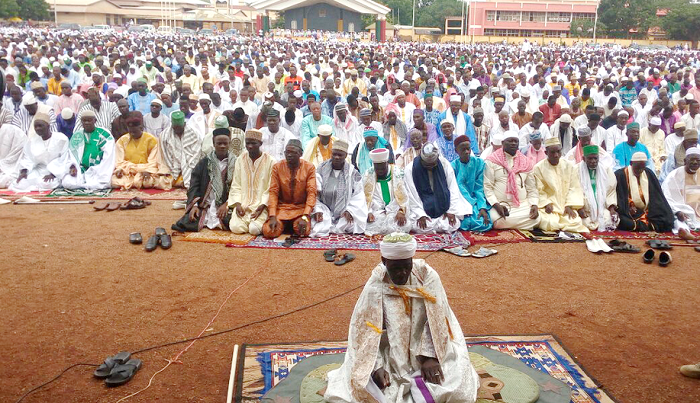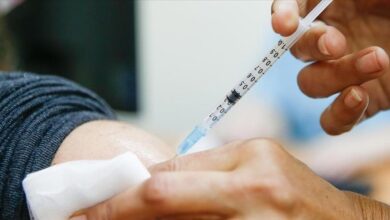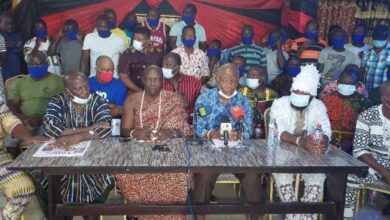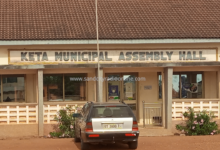
Muslims Celebrate Eid-ul Adha Today
On Saturday, July 9, 2022, Muslims in Ghana, and other parts of the world will celebrate Eid-ul Adha, the greater Eid, which follows the completion of the annual Hajj pilgrimage at the time of sacrifice.
The day of Eid-ul-Adha falls on the tenth day in the final (twelfth) month of the Islamic Lunar Calendar; Dhu-al-Hijjah, which allows families, loved ones, and communities to fraternise.
The day is also dependent on a legitimate sighting of the moon, following the completion of the annual Holy Pilgrimage of Hajj – which is an obligation for all Muslims.
Traditionally, the celebration of Eid-ul-Adha is to commemorate Prophet Ibrahim’s devotion to Allah (SWT) and his readiness to sacrifice his son, Ismail.
At the very point of sacrifice, Allah (SWT) replaced Ismail with a ram, which was to be slaughtered in place of his son.
The command from Allah (SWT) was a test of Prophet Ibrahim’s willingness and commitment to obey his Lord’s command, without question.
Therefore, Eid-ul-Adha means the festival of sacrifice.
Depending on the country, the celebration of Eid-ul-Adha can last anywhere between two and four days.
The act of the sacrifice is usually carried out after Eid Prayers, which are performed in congregation at the nearest Mosque on the morning of Eid.
It consists of slaughtering an animal as a sacrifice to mark the occasion in remembrance of Prophet Ibrahim’s sacrifice for Allah (SWT).
This is also known as Udhiya-the days of animal sacrifice – from the 10th to the 12th of Dhu-al-Hijjah.
The sacrificial animal must be a sheep, lamb, goat, cow, bull, or a camel; the sheep, lamb or goat consist of one share, whereas a bull, cow or camel consist of seven shares per animal.
The animal must be in good health and over a certain age to be slaughtered, in a “halal” friendly, Islamic way.
The meat can then be divided into three equal portions per share; one-third for the owner and family, one-third is for friends, and the final third to be donated to those in need.
Traditionally, the day is spent celebrating with family, friends and loved ones, often wearing new or best attire and the giving of gifts.
Some Muslims, the Ghana News Agency spoke to ahead of the celebrations thanked Allah for seeing them through the year and prayed that their supplications would be answered.
They expressed appreciation to all, who supported the Muslim community during the period and wished the rest of the world happy Eid celebrations.
Some traders, however, lamented poor business ahead of the celebration due to the current economic situation.
“Times are hard, so this year people are not coming in to buy. In the past, as the celebration approached you will see that the market is full of people buying ahead of the celebration, but this year is totally different.”
Hajia Salamatu Bawa, a trader at Makola, said: “We cannot even feel the fever in the air, everybody is experiencing economic hardship.”
Another trader, Madam Felicia Aboagye at Nima Market, said business was slow and called on the government to do its best to stabilise the economy.
Source: GNA






